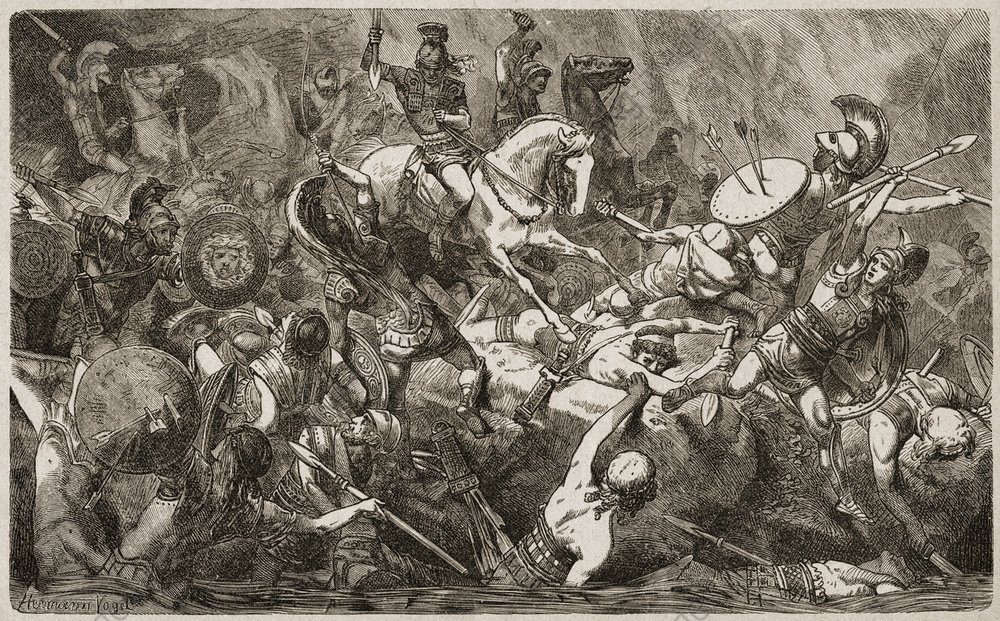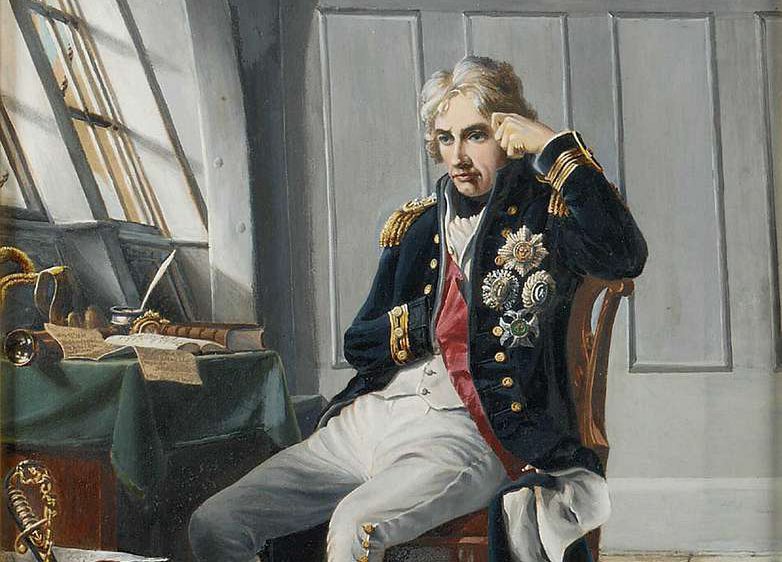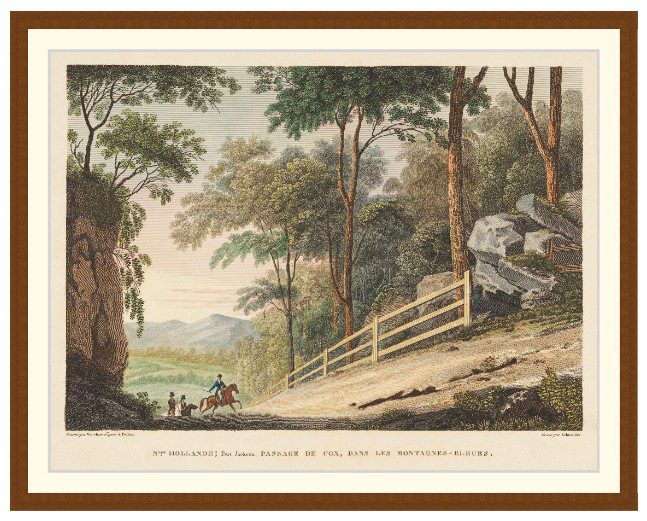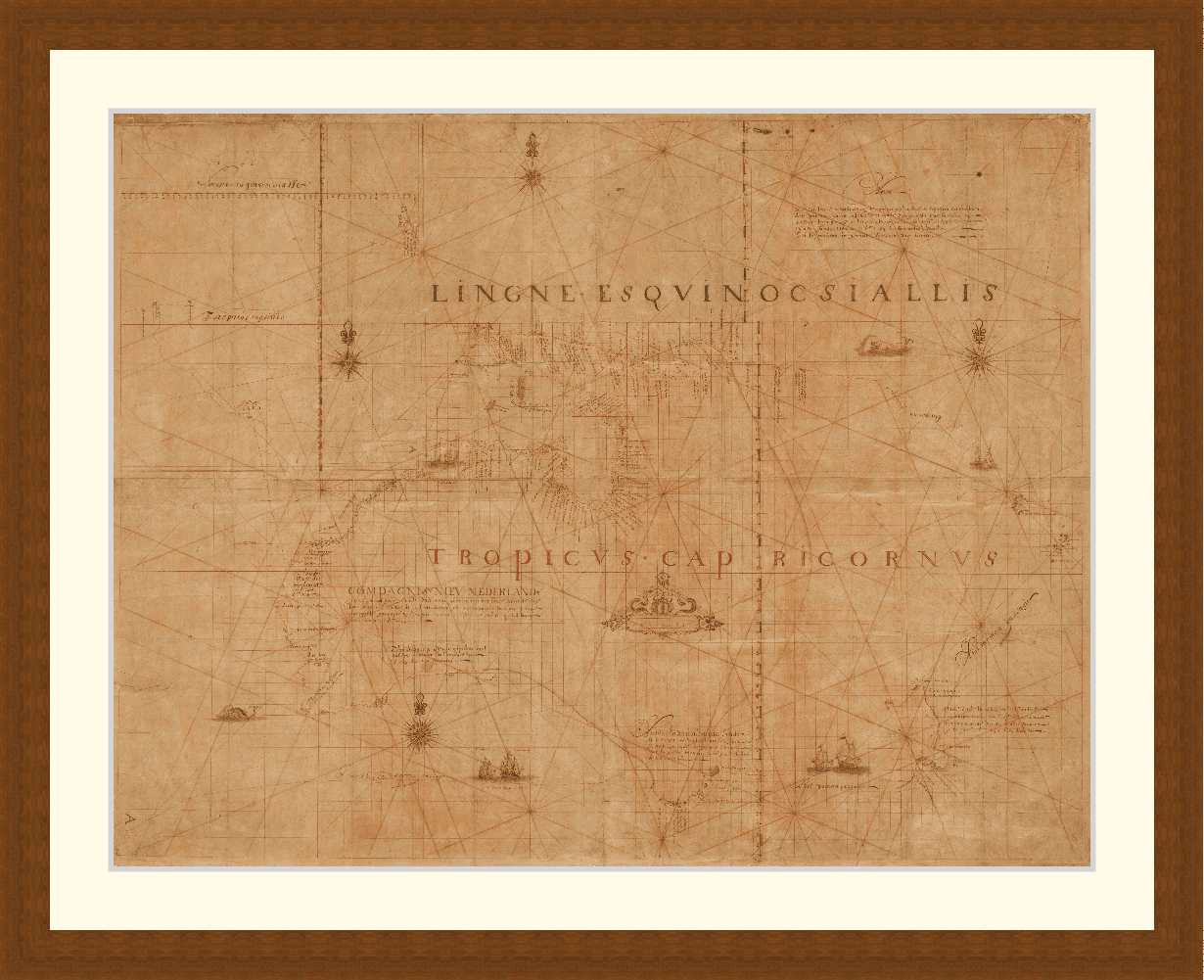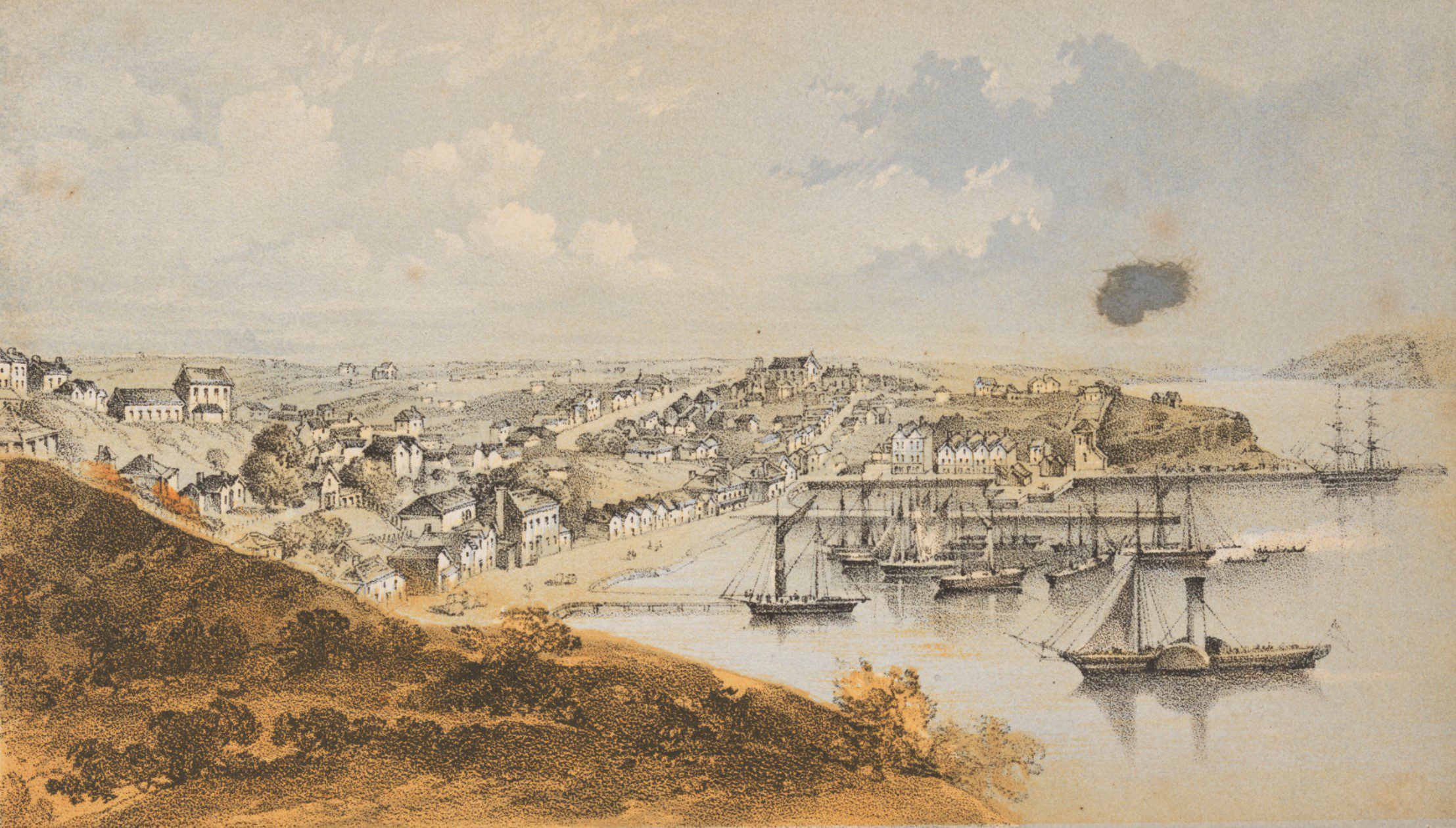Reading time: 5 minutes
The so-called Thucydides Trap has become a staple of foreign policy commentary over the past decade or so, regularly invoked to frame the escalating rivalry between the United States and China.
Coined by political scientist Graham Allison — first in a 2012 Financial Times article and later developed in his 2017 book “Destined for War” — the phrase refers to a line from the ancient Greek historian Thucydides, who wrote in his “History of the Peloponnesian War,” “It was the rise of Athens and the fear that this instilled in Sparta that made war inevitable.”
By Andrew Latham, Macalester College
At first glance, this provides a compelling and conveniently packaged analogy: Rising powers provoke anxiety in established ones, leading to conflict. In today’s context, the implication seems clear – China’s rise is bound to provoke a collision with the United States, just as Athens once did with Sparta.
But this framing risks flattening the complexity of Thucydides’ work and distorting its deeper philosophical message. Thucydides wasn’t articulating a deterministic law of geopolitics. He was writing a tragedy.
History repeats as tragedy?
Thucydides fought in the Peloponnesian War on the Athenian side. His world was steeped in the sensibilities of Greek tragedy, and his historical narrative carries that imprint throughout. His work is not a treatise on structural inevitability but an exploration of how human frailty, political misjudgment and moral decay can combine to unleash catastrophe.
That tragic sensibility matters. Where modern analysts often search for predictive patterns and system-level explanations, Thucydides drew attention to the role of choice, perception and emotion. His history is filled with the corrosive effects of fear, the seductions of ambition, the failures of leadership and the tragic unraveling of judgment. This is a study in hubris and nemesis, not structural determinism.
Much of this is lost when the phrase “Thucydides Trap” is elevated into a kind of quasi-law of international politics. It becomes shorthand for inevitability: power rises, fear responds, war follows.
But Thucydides himself was more interested in why fear takes hold, how ambition twists judgment and how leaders — trapped in a narrowing corridor of bad options — convince themselves that war is the only viable path left. His narrative shows how conflict often arises not from necessity, but from misreading, miscalculation and passions unmoored from reason.
Even Allison, to his credit, never claimed the “trap” was inescapable. His core argument was that war is likely but not inevitable when a rising power challenges a dominant one. In fact, much of Allison’s writing serves as a warning to break from the pattern, not to resign oneself to it.

In that sense, the “Thucydides Trap” has been misused by commentators and policymakers alike. Some treat it as confirmation that war is baked into the structure of power transitions — an excuse to raise defense budgets or to talk tough with Beijing — when in fact it ought to provoke reflection and restraint.
To read Thucydides carefully is to see that the Peloponnesian War was not solely about a shifting balance of power. It was also about pride, misjudgment and the failure to lead wisely.
Consider his famous observation, “Ignorance is bold and knowledge reserved.” This isn’t a structural insight — it’s a human one. It’s aimed squarely at those who mistake impulse for strategy and swagger for strength. Or take his chilling formulation, “The strong do what they will and the weak suffer what they must.” That’s not an endorsement of realpolitik. It’s a tragic lament on what happens when power becomes unaccountable and justice is cast aside.
Seen in this light, the real lesson of Thucydides is not that war is preordained, but that it becomes more likely when nations allow fear to cloud reason, when leaders mistake posturing for prudence and when strategic decisions are driven by insecurity rather than clarity.
Thucydides reminds us how easily perception curdles into misperception — and how dangerous it is when leaders, convinced of their own virtue or necessity, stop listening to anyone who disagrees.

The real lessons of Thucydides
In today’s context, invoking the Thucydides Trap as a justification for confrontation with China may do more harm than good. It reinforces the notion that conflict is already on the rails and cannot be stopped. But if there is a lesson in “The History of the Peloponnesian War,” it is not that war is inevitable but that it becomes likely when the space for prudence and reflection collapses under the weight of fear and pride. Thucydides offers not a theory of international politics, but a warning — an admonition to leaders who, gripped by their own narratives, drive their nations over a cliff.
Avoiding that fate requires better judgment. And above all, it demands the humility to recognize that the future is not determined by structural pressures alone, but by the choices people make.
This article was originally published in The Conversation.
Podcasts offering different points of view on Sino-American Thucydides trap
Articles you may also like

Warfare spurred on the welfare state in the 20th century – but it probably won’t in future
The link between warfare and welfare is counter-intuitive. One is about violence and destruction, the other about altruism, support and care. Even the term “welfare state” – at least in the English-speaking world – was popularised as a progressive and democratic alternative to the Nazi “warfare state” during World War II. And yet, as new research shows, […]

General History Quiz 109
1. The bombing of Guernica was part of which conflict?
Try the full 10 question quiz.
The text of this article is republished from The Conversation in accordance with their republishing policy and is licenced under a Creative Commons — Attribution/No derivatives license.

